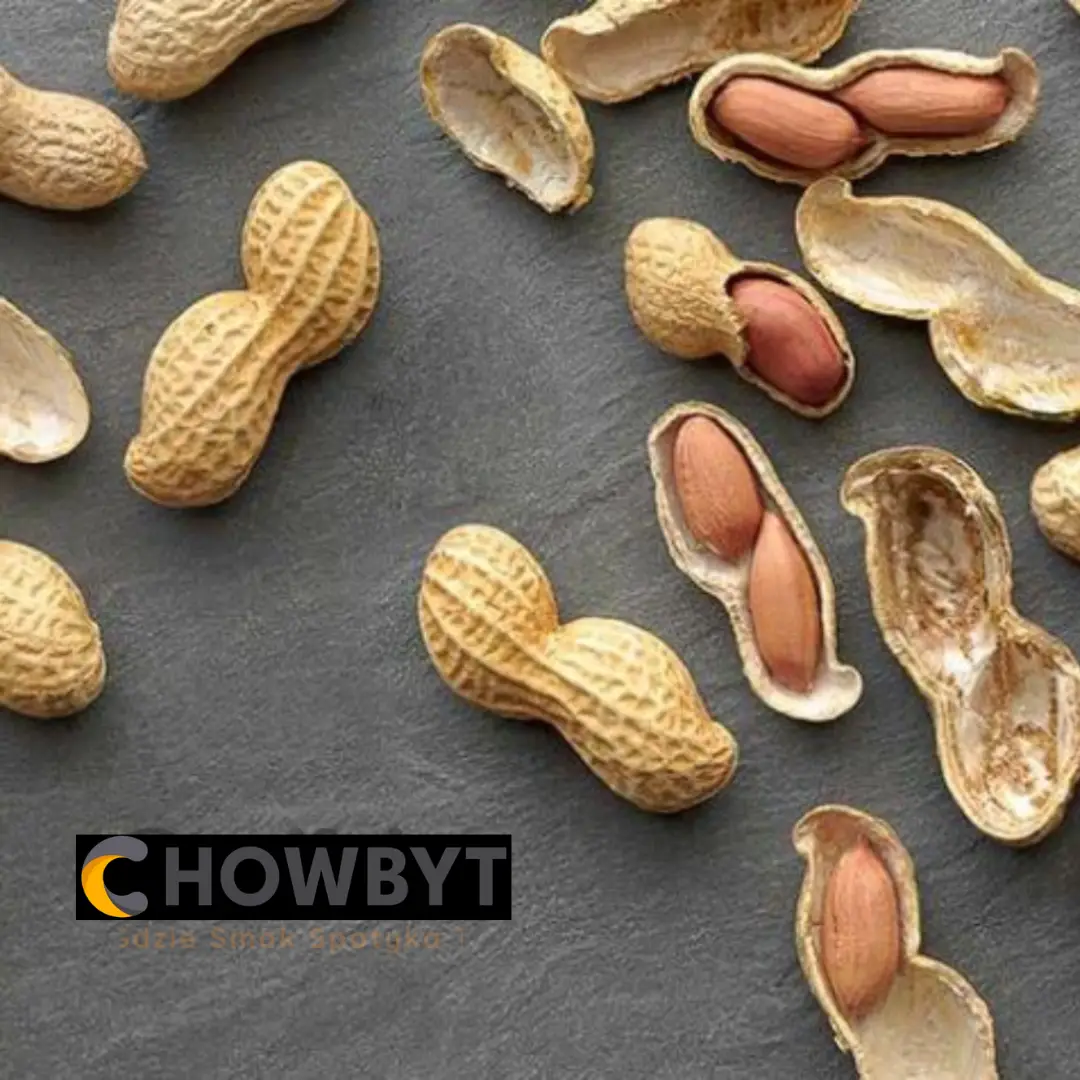Nuts that are edible and derived from the underground tree (Arachis hypogaea) are known as peanuts. Around the world, peanuts are widely consumed as snacks and are frequently used in cooking, such as when making cakes and other desserts.
They have high levels of protein, fat, fiber, vitamins, and minerals. Antioxidants like flavonoids are also present, helping to prevent cancer, diabetes, and heart disease. Additionally, peanuts contain folic acid, which is beneficial to the health of the nervous system and to expectant mothers.
But keep in mind that some people may experience allergic reactions to these peanuts, so make sure to speak with your doctor before consuming them, particularly if you have a history of food allergies.
Where are the Peanuts used?
The Fabaceae family of peanuts is frequently employed in the kitchen and food business. They are frequently consumed uncooked as a snack and added to a variety of meals, including pasta, salads, soups, and even sauces.
Within the food business, peanuts are utilized to make nut milk, peanut butter, and chocolates, bars, and other sweets.
The United States, China, India, and Nigeria are the top producers of peanuts; in Europe, peanuts are farmed in France, Italy, and the Balkans. In tropical and subtropical nations, they are well-liked.
Due to their moisturizing and antioxidant qualities, the well-known peanut is frequently utilized in cosmetics. When used for skin and hair care, peanut oil can assist to keep them moist and well-hydrated.
Natural medicine uses peanuts to help cure a number of diseases, including diabetes, heart disease, hypertension, and inflammation. They aid in the development of muscular mass, enhance digestion, and have antioxidant properties that allow them to fight against free radicals. Peanuts can help relieve migraine headaches if you have them.
It is worthwhile to think about eating peanuts more frequently because they are a wonderful source of fat.
It’s crucial to remember that certain people may experience allergic reactions from peanuts. It is advisable to speak with a doctor before eating them or using them in makeup, particularly if you have a history of food allergies.
Are Peanuts healthy?
When eaten in moderation and according to one’s own nutritional needs, peanuts offer a variety of nutritional benefits. Vegetable protein, fiber, vitamin E, minerals (magnesium, notably potassium), and other nutrients can all be found in peanuts.
Because they contain monounsaturated and polyunsaturated fatty acids, they also help lower cholesterol and reduce the risk of heart disease. The nutritional makeup of peanuts is truly amazing for your health.
But since peanuts are heavy in calories, it’s best to eat them in moderation to prevent obesity and other health problems. Selecting natural peanuts devoid of added sugar, salt, or other artificial or unnecessary additions is also a smart choice.
Nutrients that are abundant in peanuts include:
- Proteins: There are roughly 25 g of protein in 100 g of peanuts;
- Fat: each 100 grams of peanuts has 45–50 grams of fat;
- Fiber: There are roughly 10 g of fiber in 100 g of peanuts;
- vitamins: folic acid, vitamin B1 (thiamine), vitamin B3 (pp vitamins), and vitamin E; nuts provide the highest amount of niacin.
- minerals, including iron, zinc, phosphorus, and potassium;
Additionally, peanuts are a great source of antioxidants, and their skin contains Flavonoids and other phenolic chemicals which aid in preventing heart disease, diabetes, and cancer.


